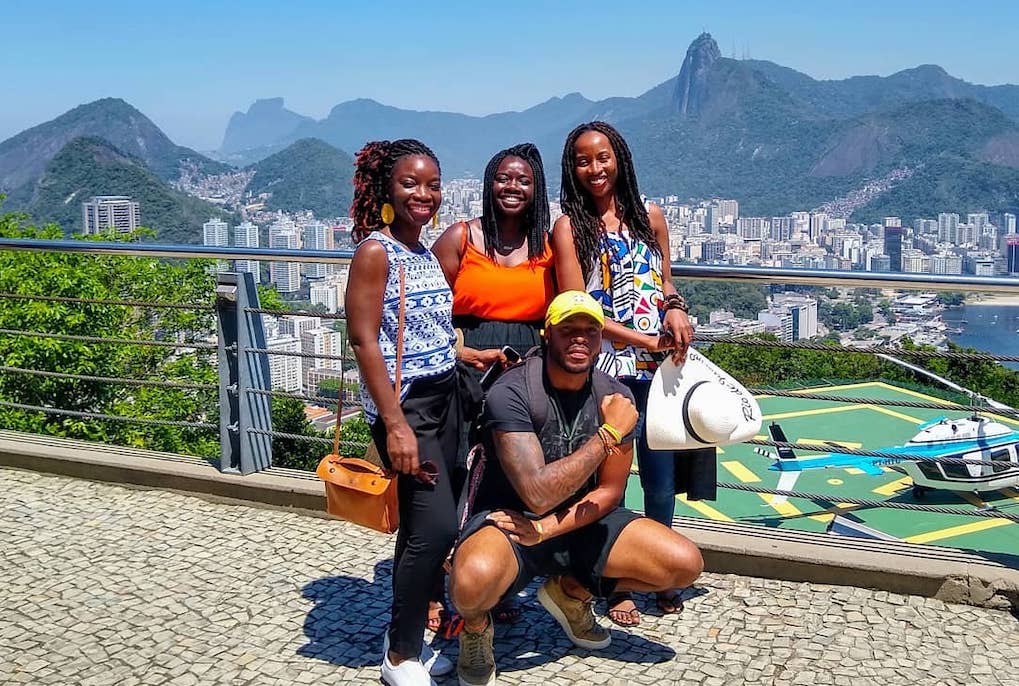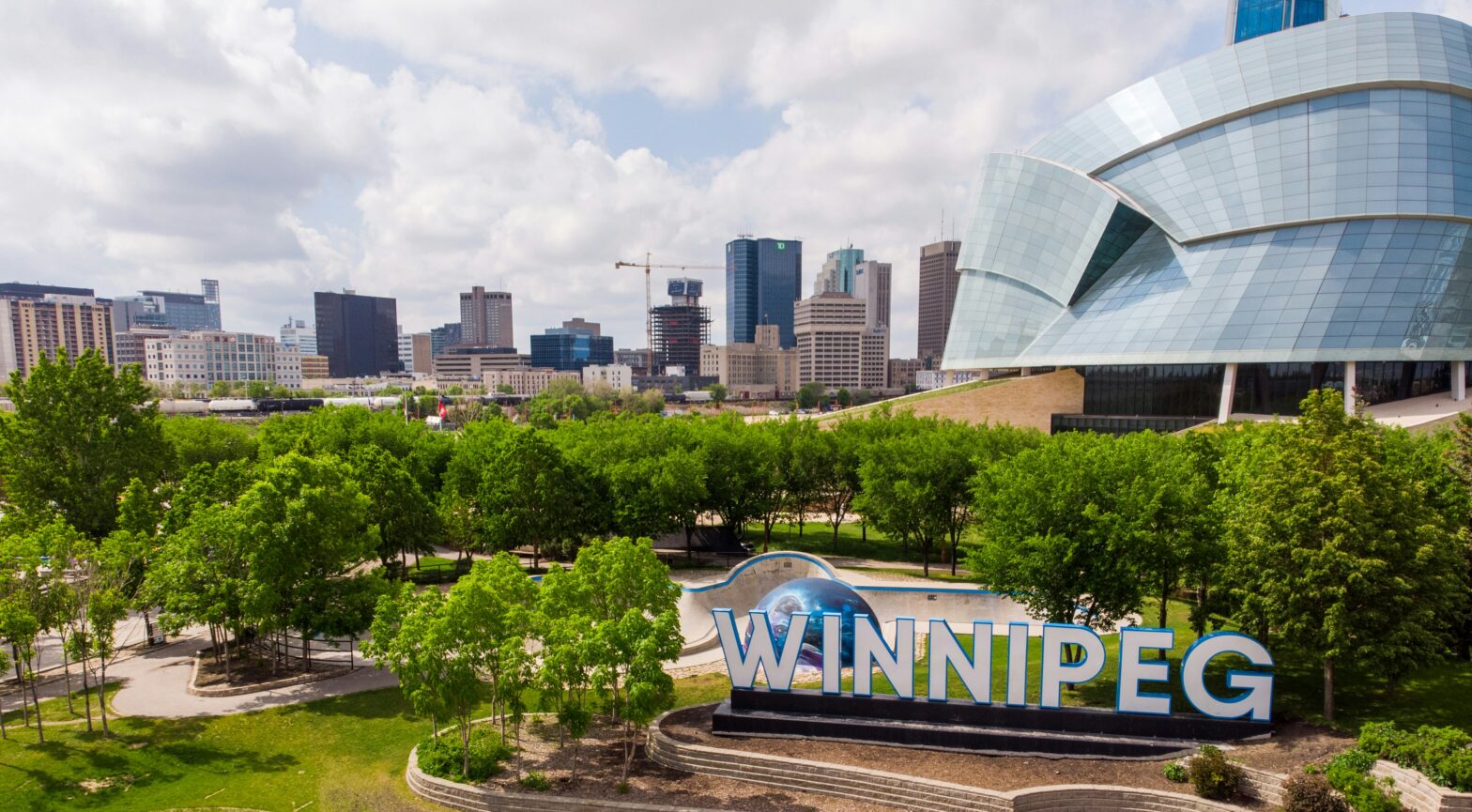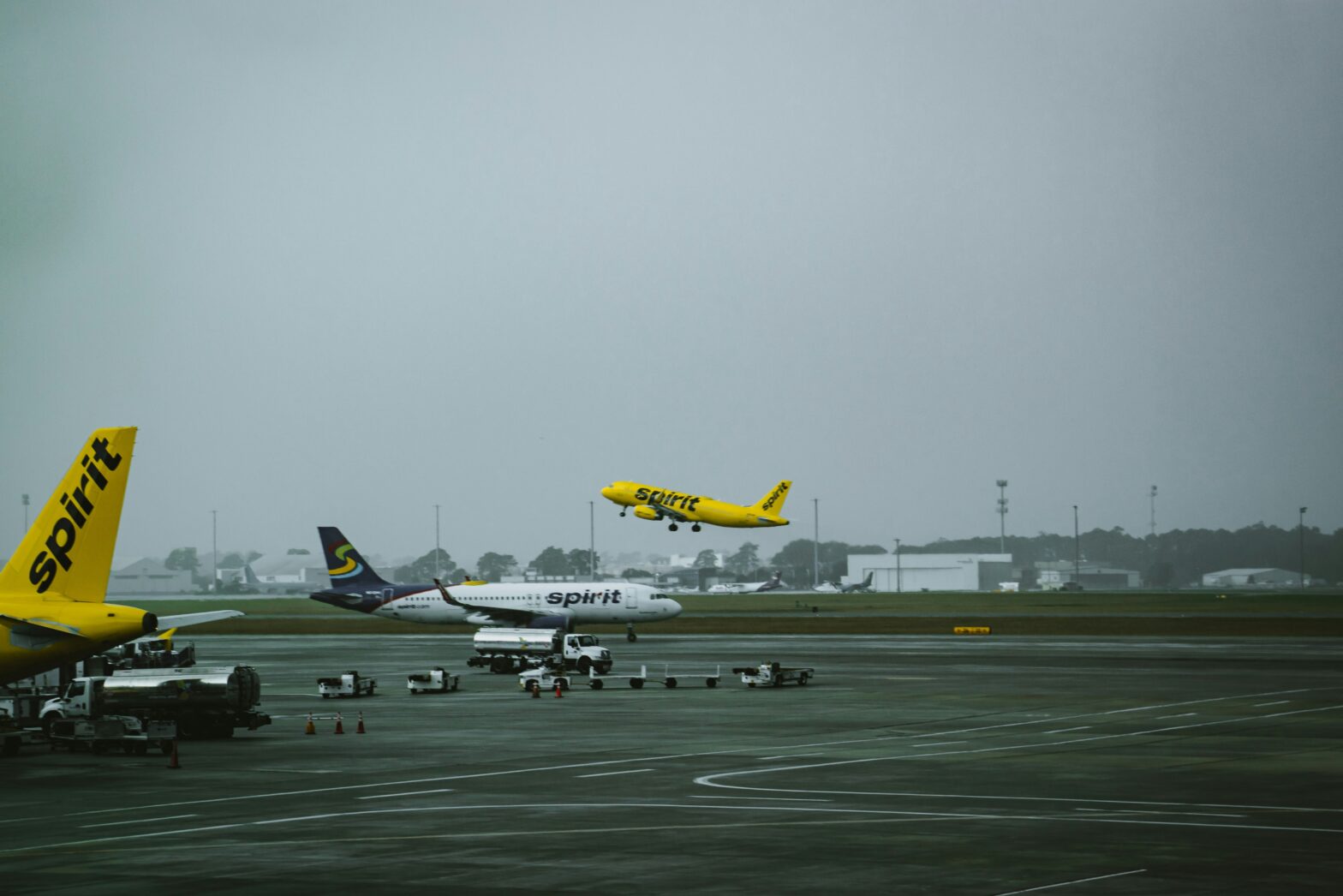In 2019, Oberdan Chagas (Obi for short), a young Afro-Brazilian businessman from Rio de Janeiro, had every reason to smile. His tour company Favela Brothers was doing very well, as clients from all over the world looked for him to experience a tour in his neighborhood, Rocinha, one of the largest favelas in Brazil.
Business was so good, he decided to expand his company, working to take his clients to other parts of the city. He even began hiring other local Afro-Brazilians to help him with the tours. Fluent in English, charismatic and always with a smile, Obi knew exactly what it took to be a great tour guide.
But then, the pandemic came. And 2020 brought uncertainty about the future.
“I wasn’t able to work for several months, and it affected me badly as my income disappeared,” Obi told Travel Noire. “In April I decided to create a GoFundme to raise funds to help my family and the other two employees.”
Like Obi, thousands of people count on tourism in Rio, a city where the sector plays an important role.
Tourist activities in Brazil registered a $70 billion loss since the worsening of the new coronavirus pandemic in the country, in March 2020, according to Brazil’s Tourism Association.
With the reopening of borders, Obi and others could return to their tour businesses. But, the flux of tourists is still far from being the reality of years ago.
Reinventing themselves
Sayuri Koshima, an Afro-Brazilian tour guide from Salvador, Bahia, used to take her clients to experience the vibrant Afro-Brazilian culture in the Blackest city in Brazil. Working as a tour guide since 2011, she is an expert in Afro-Brazilian history.
During the summer months, she was able to work every day, before the pandemic.
“I don’t have to pay for rent. So, for a couple of months I survived with my savings,” Koshima shared.
In June 2020, Tours by Locals— a website that works to find local tour guides worldwide— hired Koshima to become a virtual tour guide.
“I loved the idea. I’m doing virtual tours and live stream walking tours. It is not the same as my real working tour, but it helped me sustain my 2020-pandemic year.”
Now, Koshima says that 90% of her work is virtual. She also promotes local artists’ workshops online, to her clients.
Despite the situation being less severe now, Koshima is not optimistic about the future of the tourism sector in Salvador.
“COVID-19 rates are still high, and the vaccination is not reaching the number of people we need to have the economy and travelling back again.”





